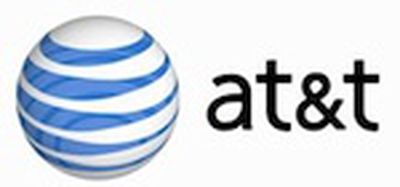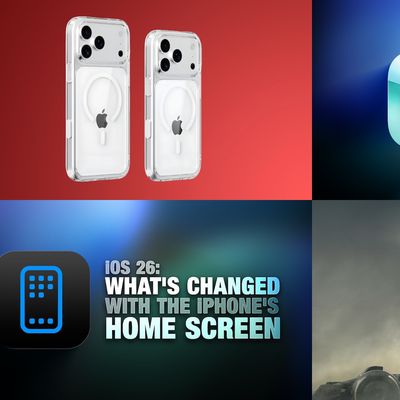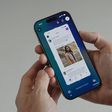AT&T to Bump DataPro + Tethering Plan to 4 GB Per Month

AT&T today announced forthcoming changes to its smartphone tethering data plans, increasing the monthly data limit to 4 GB from the current 2 GB cap. The change, set to take effect on February 13th, comes as AT&T rolls out mobile hotspot functionality for the new HTC Inspire 4G handset, although the company has not addressed whether it will support the similar hotspot functionality for the iPhone once iOS 4.3 is released to the public.
In addition, also on February 13th, to bring AT&T's smartphone tethering plan in line with the AT&T Mobile Hotspot offer, AT&T will automatically add the additional 2GB of monthly data usage to smartphone customers already on a tethering plan - at no extra charge. Customers will incur the same $20 monthly fee they're accustomed to paying, only now they'll receive an extra 2GB of data each month.
AT&T currently offers two monthly data plans for iPhone customers: DataPlus with 200 MB of data for $15 and DataPro with 2 GB of data for $25. Tethering is available to DataPro customers for an additional charge of $20 per month, but until now has not offered any additional data capacity, with tethering data coming out of the same 2 GB cap allotted to regular smartphone use. The changes announced today essentially mean that the extra $20 tethering fee will also bring customers an additional 2 GB of data per month to be used between their phone and tethered devices.
Popular Stories
A new Apple TV is expected to be released later this year, and a handful of new features and changes have been rumored for the device.
Below, we recap what to expect from the next Apple TV, according to rumors.
Rumors
Faster Wi-Fi Support
The next Apple TV will be equipped with Apple's own combined Wi-Fi and Bluetooth chip, according to Bloomberg's Mark Gurman. He said the chip supports ...
Apple will launch its new iPhone 17 series in two months, and the iPhone 17 Pro models are expected to get a new design for the rear casing and the camera area. But more significant changes to the lineup are not expected until next year, when the iPhone 18 models arrive.
If you're thinking of trading in your iPhone for this year's latest, consider the following features rumored to be coming...
Apple's next-generation iPhone 17 Pro and iPhone 17 Pro Max are only two months away, and there are plenty of rumors about the devices.
Below, we recap key changes rumored for the iPhone 17 Pro models.
Latest Rumors
These rumors surfaced in June and July:A redesigned Dynamic Island: It has been rumored that all iPhone 17 models will have a redesigned Dynamic Island interface — it might ...
The long wait for an Apple Watch Ultra 3 is nearly over, and a handful of new features and changes have been rumored for the device.
Below, we recap what to expect from the Apple Watch Ultra 3:Satellite connectivity for sending and receiving text messages when Wi-Fi and cellular coverage is unavailable
5G support, up from LTE on the Apple Watch Ultra 2
Likely a wide-angle OLED display that ...
iPhone 17 Pro and iPhone 17 Pro Max models with displays made by BOE will be sold exclusively in China, according to a new report.
Last week, it emerged that Chinese display manufacturer BOE was aggressively ramping up its OLED production capacity for future iPhone models as part of a plan to recapture a major role in Apple's supply chain.
Now, tech news aggregator Jukan Choi reports...
The iOS 26 public beta release is quickly approaching, while developers have recently gotten their hands on a third round of betas that has seen Apple continue to tweak features, design, and functionality.
We're also continuing to hear rumors about the iPhone 17 lineup that is now just about right around the corner, while Apple's latest big-budget film appears to be taking off, so read on...



















